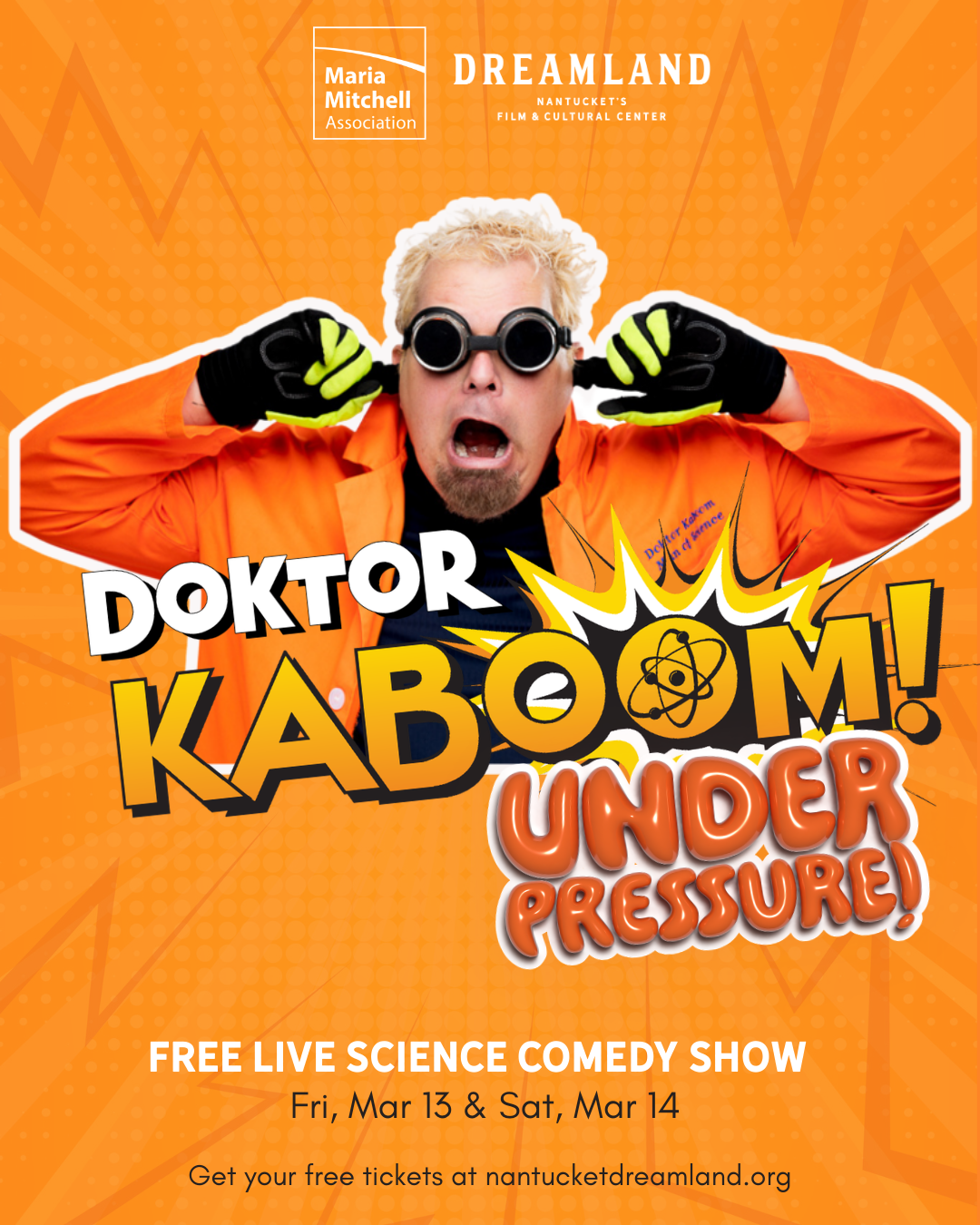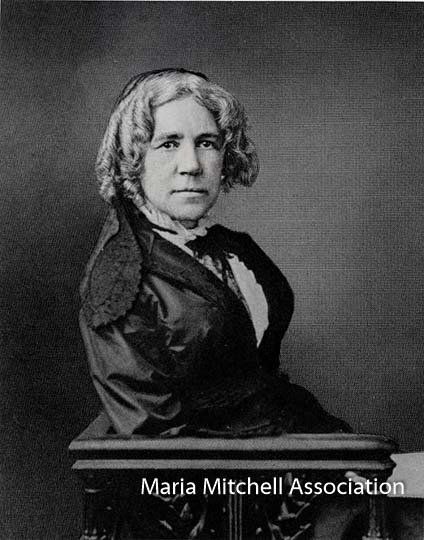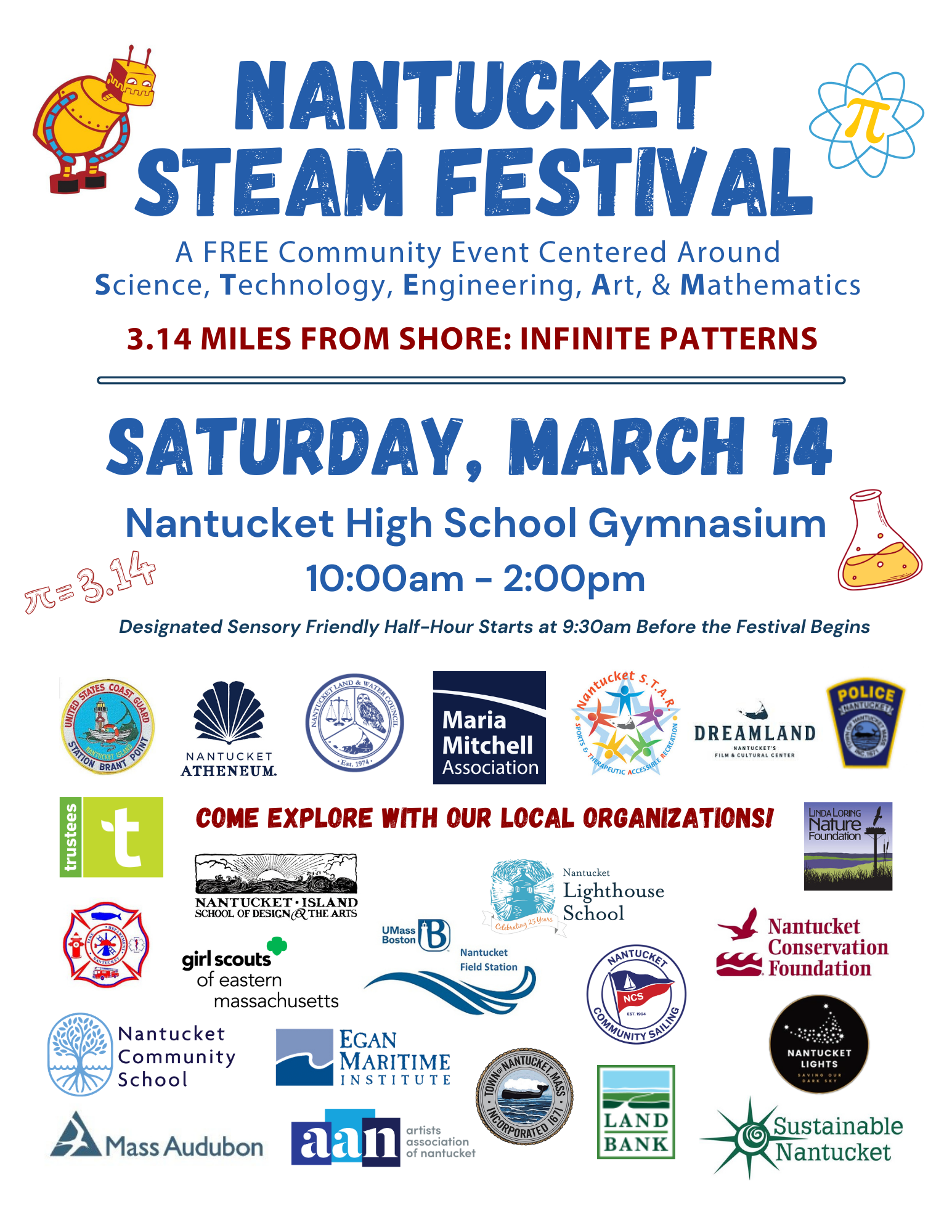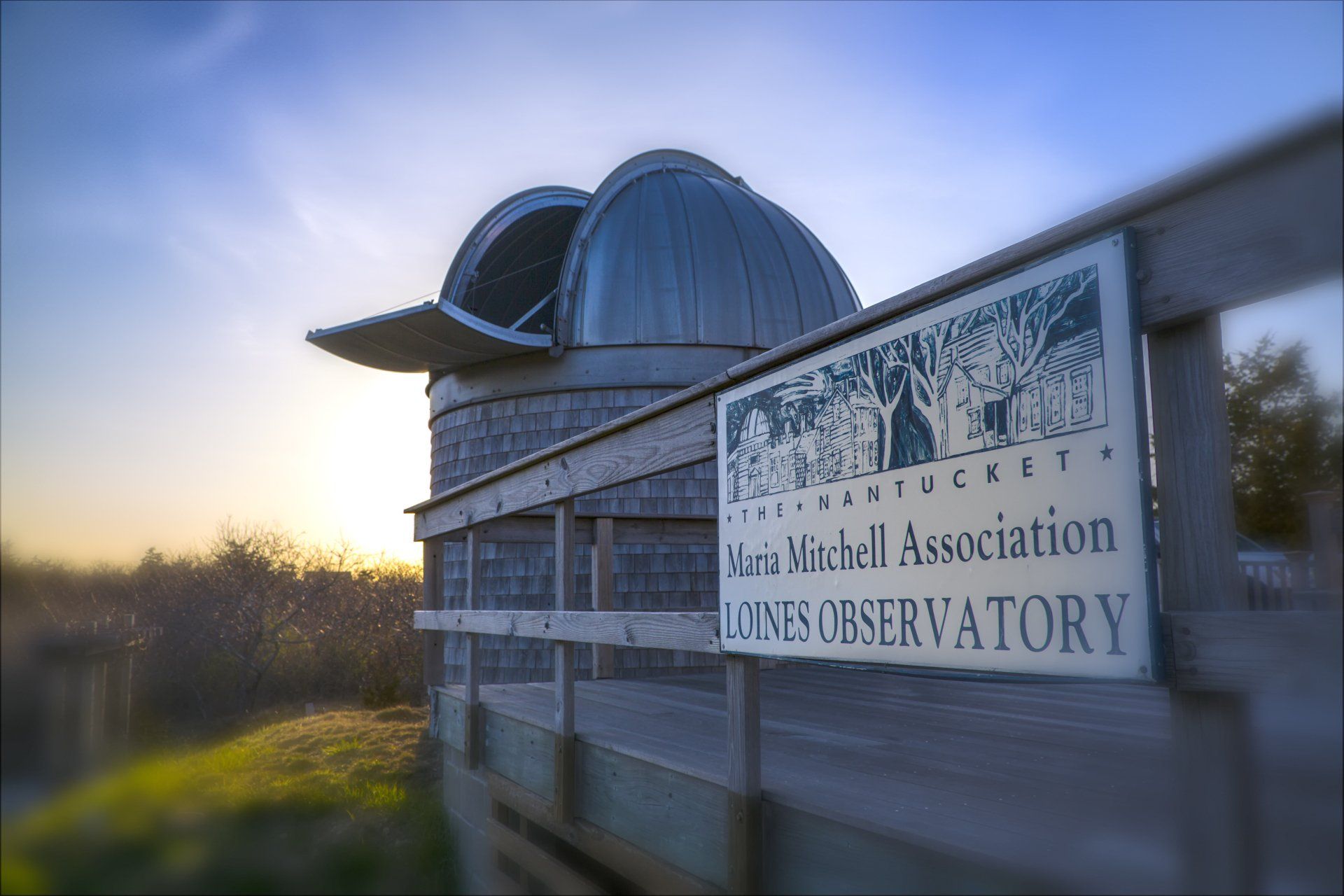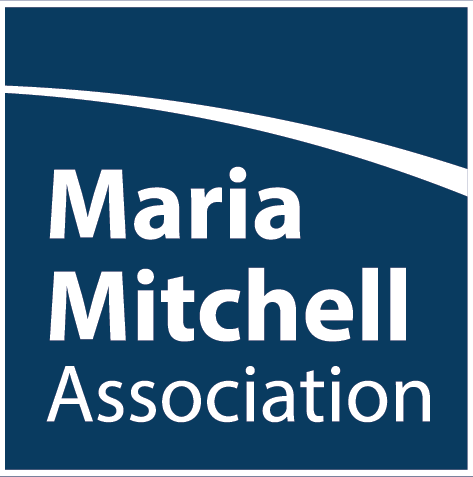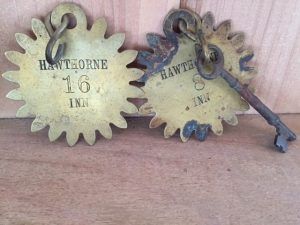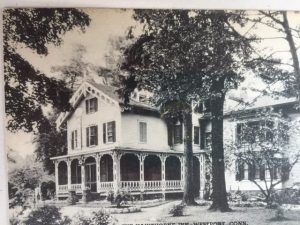A Few Things Remain
A few things remain that help to pass along “memories” that are not our own. These pieces – or artifacts as we call them in the museum world – help us to keep history alive and to learn from our past. Learning from our past helps us to understand where we have come from, to try and not repeat past mistakes, and to help us better prepare for our future by being armed with information and knowledge so that we can make good, informed decisions.
The pieces you see in the image at top are key chains and one key that remains from the Hawthorne Inn in Westport, Connecticut. They are for Rooms 8 and 16 – for rooms that no longer exist. The Inn was owned by my great-great grandmother, Lena Fike, a woman who arrived in New York City from Germany at the age of 18 with no English speaking ability. Years after she sold it, the Inn was torn down and made into a gas station and parking lot – sort of reminds me of the Jimmy Buffet song. It was a sort of paradise. It had a pond that was fed by five or six springs. It was so clean that supposedly my great-great grandfather made the children in the family, including my Nana, wash their feet BEFORE they went into it. It did serve as a watering hole for ducks so I am not so sure why they had to clean their feet if ducks fowled {sic.} it (pun intended) but nevertheless, you could drink freely from the fresh, cool water of the spring. No longer. And maybe the revenge of the springs and my family is the fact that the parking lot supposedly floods – probably the springs continuing to run but having no place to go, bubble up into the parking lot.
Lena Fike was a powerful woman – and note that I said she owned the Inn. It was all her – running the place. She had the help of her family – in particular my great grandmother (or Other Nana as I called her – the mother of my Nana. Follow the logic?) – her daughter, Helen Fike. Washing, lifting stacks of plates, dealing with visitors – all at a young age. The Inn remained under the Fike care and was well-known for many years. My Other Nana – who had a penchant for serious 1920s heels – once fell down the Inn stairs with my Nana in her arms. Neither was harmed unbelievably.
But, age set upon the Fikes and the Inn was unwillingly sold. I believe Lena Fike would not go near it while it was being sold, emptied, or even later. I think it hurt too much. They remained in Westport but she did not drive past it. Something I completely understand. I did not drive by the house my family lived in for twenty years – until about twenty years afterwards and it was a difficult thing that I forced myself to do.
Do you see what I mean by memories that are not our own? I intend to tell these stories to my son and my niece and nephew so that they can make them their own “memories” and can pass down the stories we have – and the keys and other small bits that are left. My son will become the holder of the key chains and the key to no room. He will also have the postcard image that you see here of the Inn. All of these are in my living room to serve as a way to honor my family and to serve as a reminder of them and where they came from and where they set me off to. Ironically, I, like Lena Fike, am in the hospitality business as I greet people every day at the Mitchell House for tours. I am also the “keeper” of what remains of the Mitchell family – the things and the “memories.”
JNLF
Recent Posts
